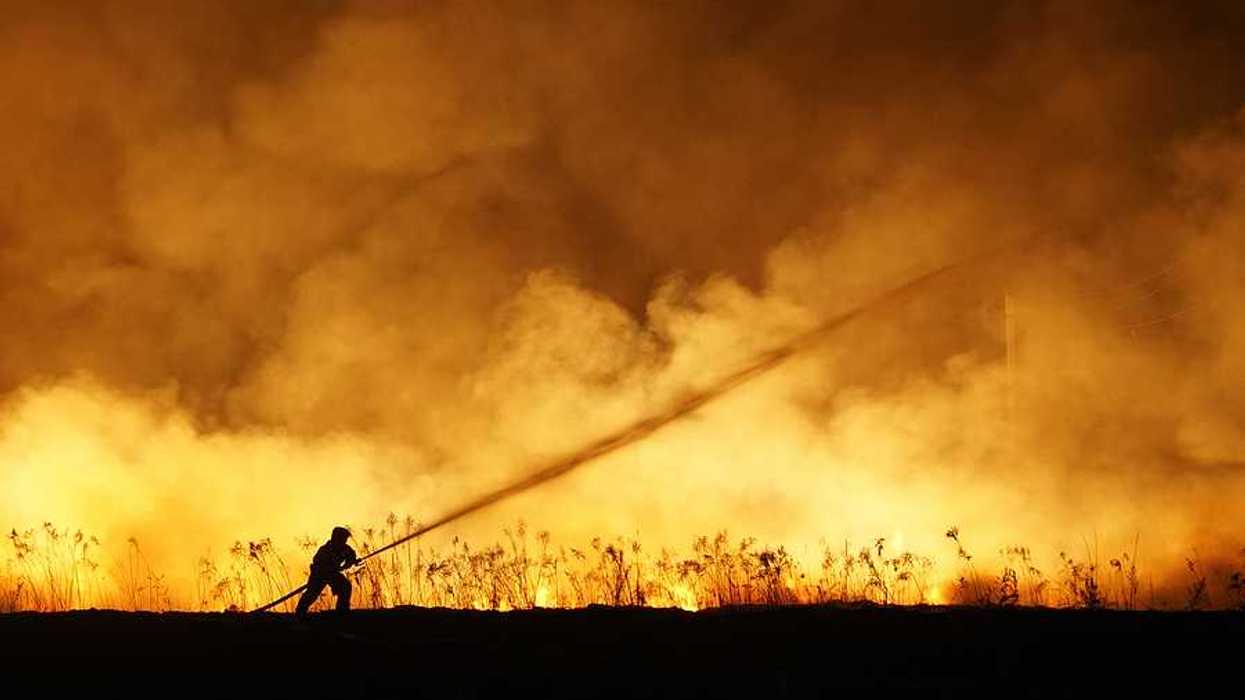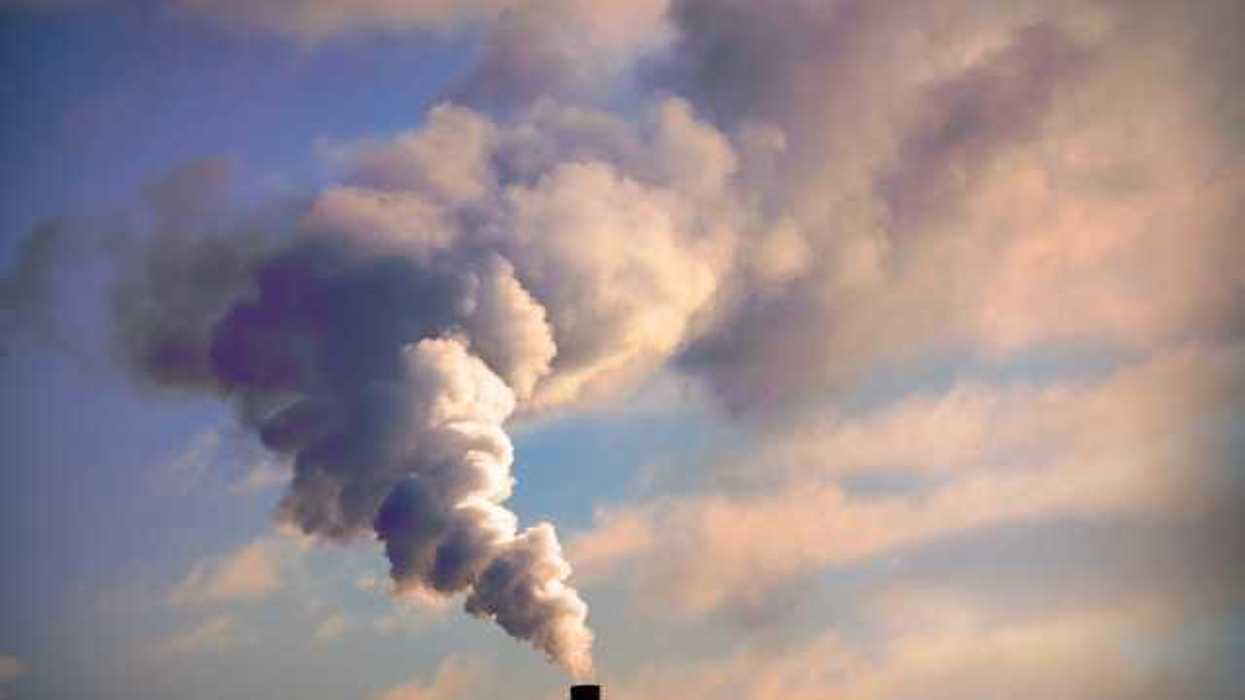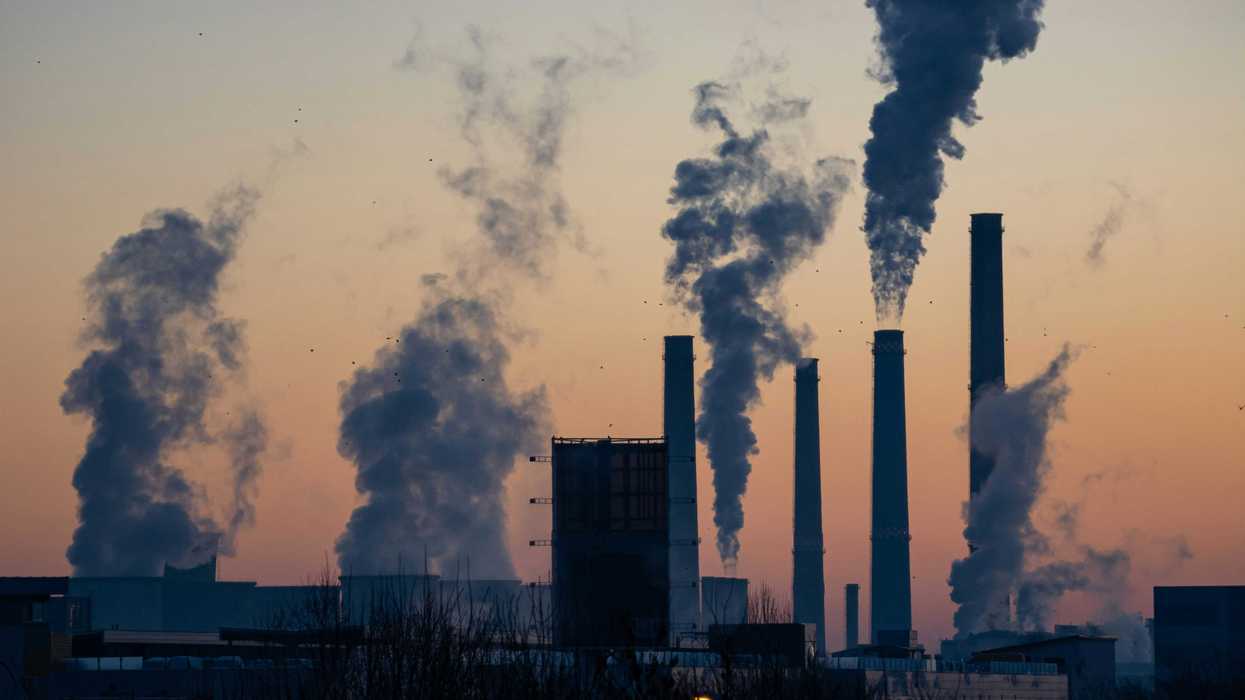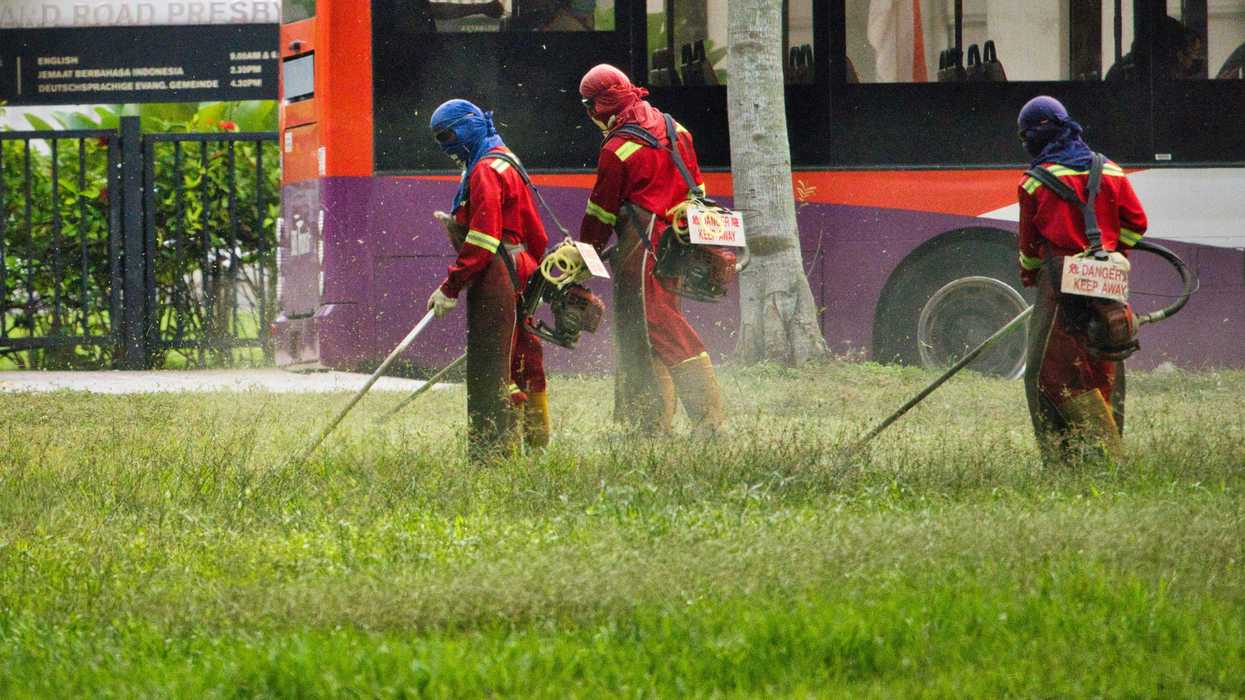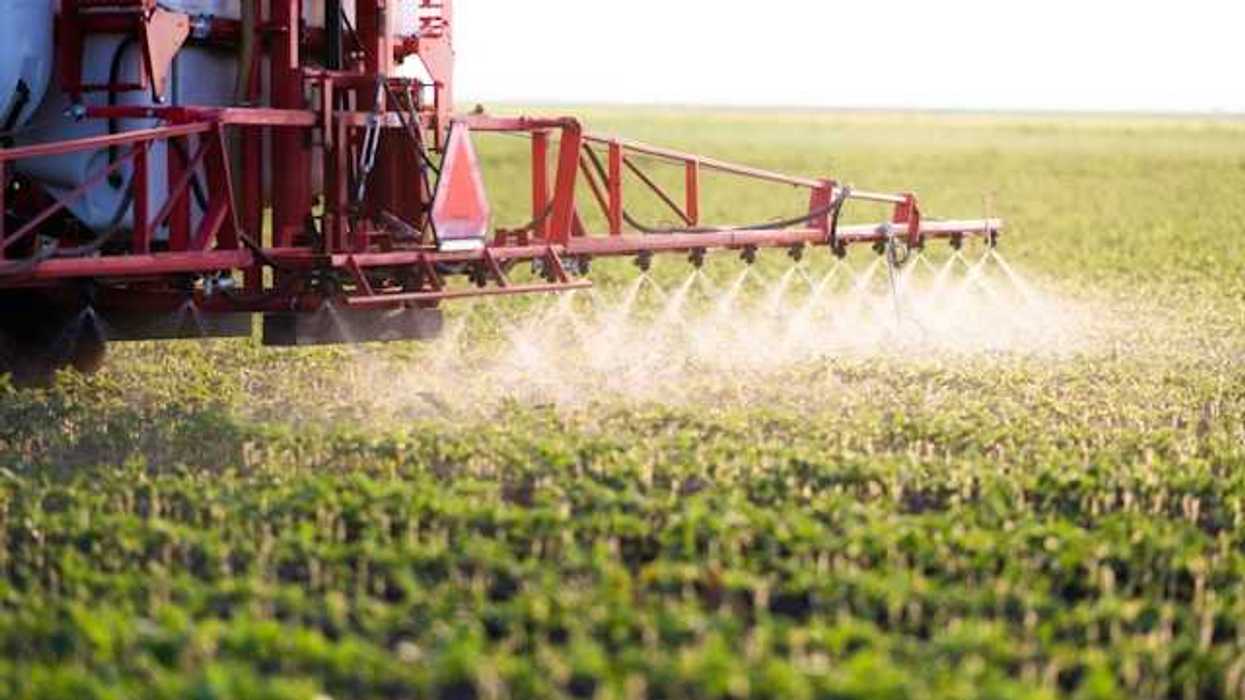The Permian Basin, now responsible for nearly half of U.S. oil output, is booming again, but its workforce is paying a deadly price, with over 30 oil workers and hundreds of motorists killed annually.
Part one of a four-part series.
Saul Elbein reports for the Pulitzer Center and The Hill.
In short:
- Deregulation and political support for “energy dominance” have accelerated production, worsening road congestion and toxic workplace hazards while allowing companies to sidestep safety measures.
- Fracking truck drivers, working grueling shifts with little oversight, often exceed legal driving hours, leading to deadly accidents.
- Industry efforts to address safety focus more on infrastructure expansion than worker protections.
Key quote:
“With more drilling comes incidents in the oil field, which then we have to respond to — whether it be an oil rig exploded, or a tank battery is on fire, or there’s an accident somewhere.”
— Austin Harden, West Odessa volunteer fire chief
Why this matters:
Texas’ oil boom comes at a steep cost — worker exploitation, rising road fatalities, and overlooked health risks from exposure to toxic chemicals. While fossil fuel profits soar, communities are left to deal with the consequences, with first responders calling it a crisis of life and death.


